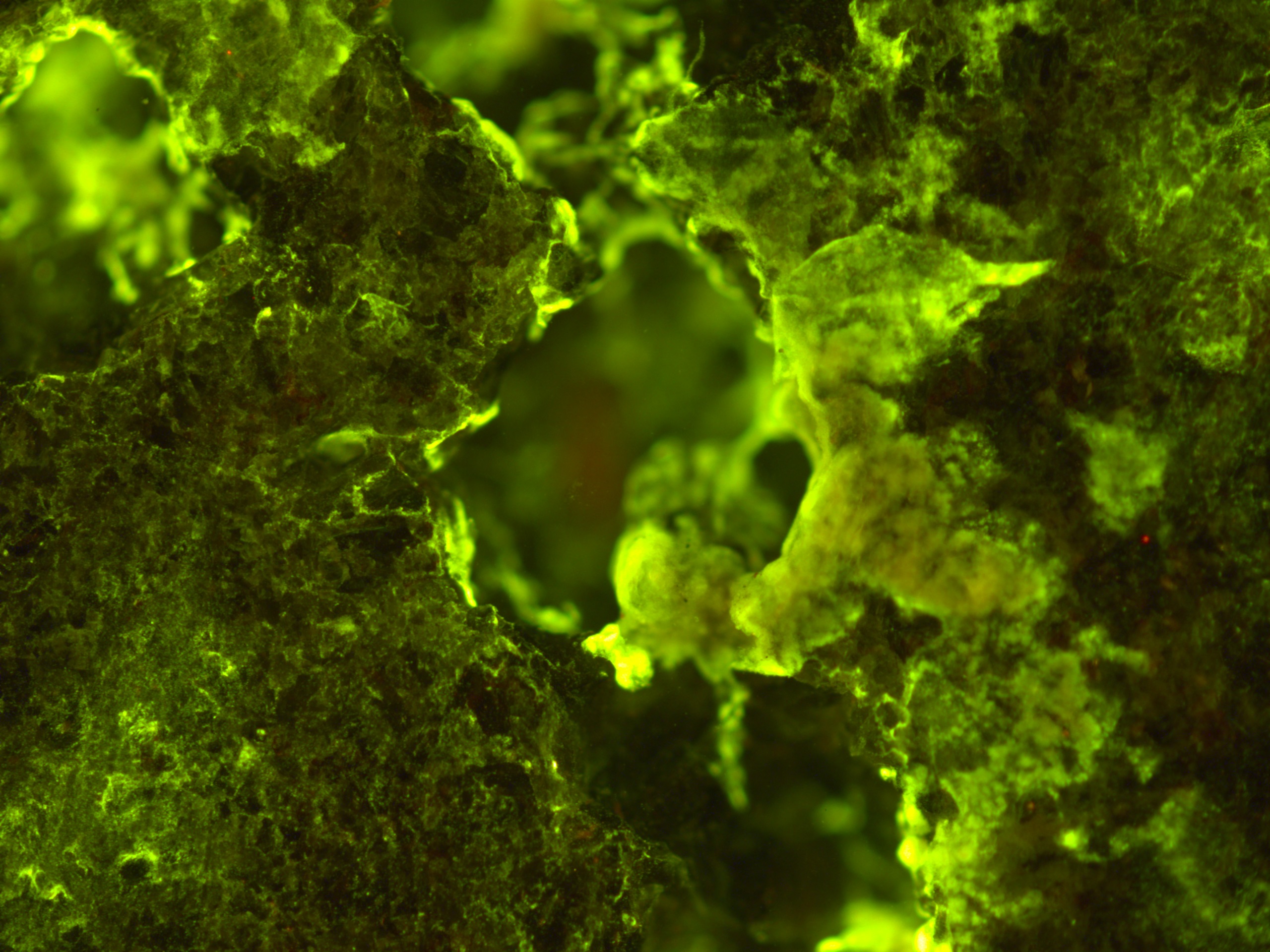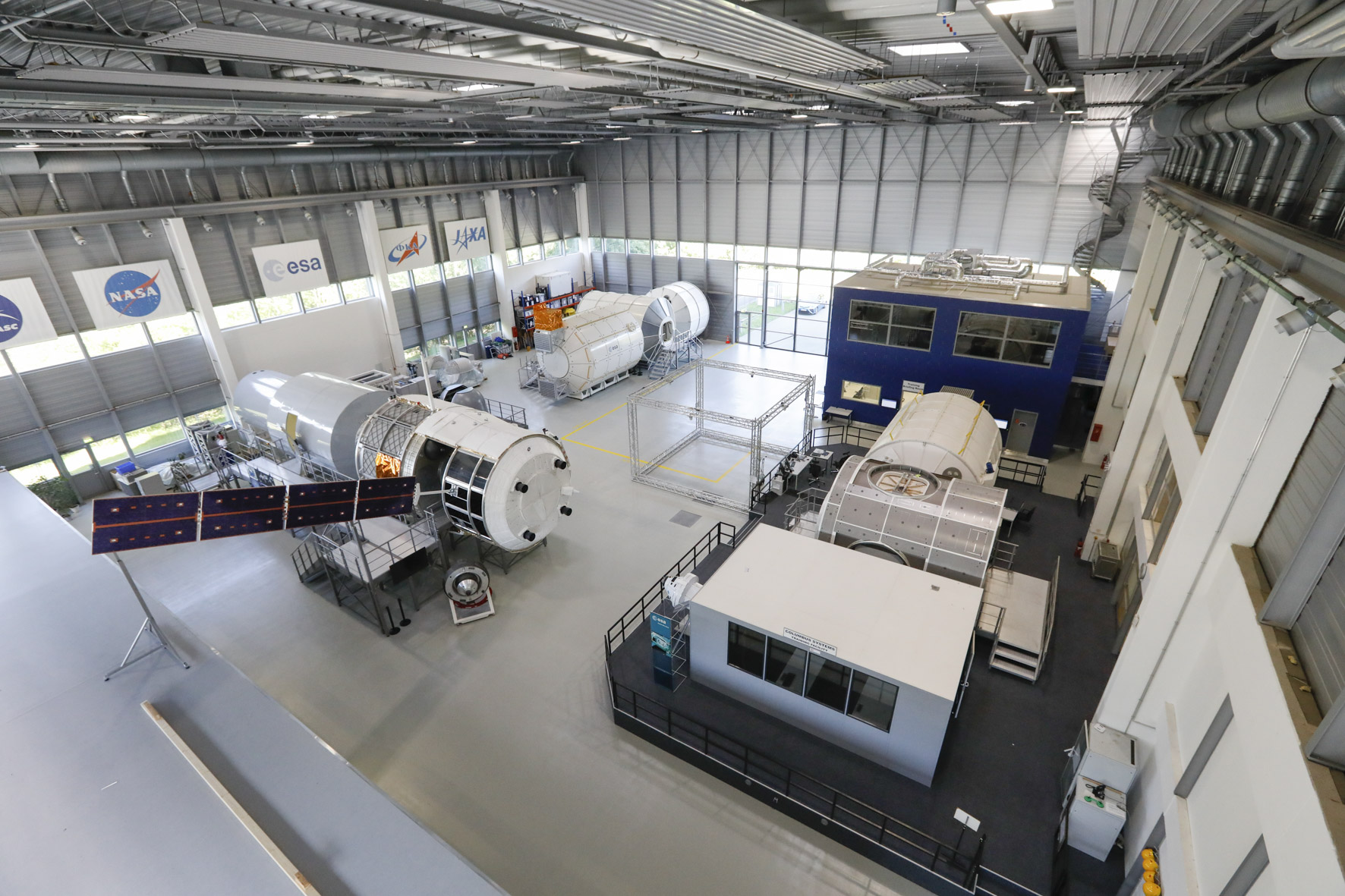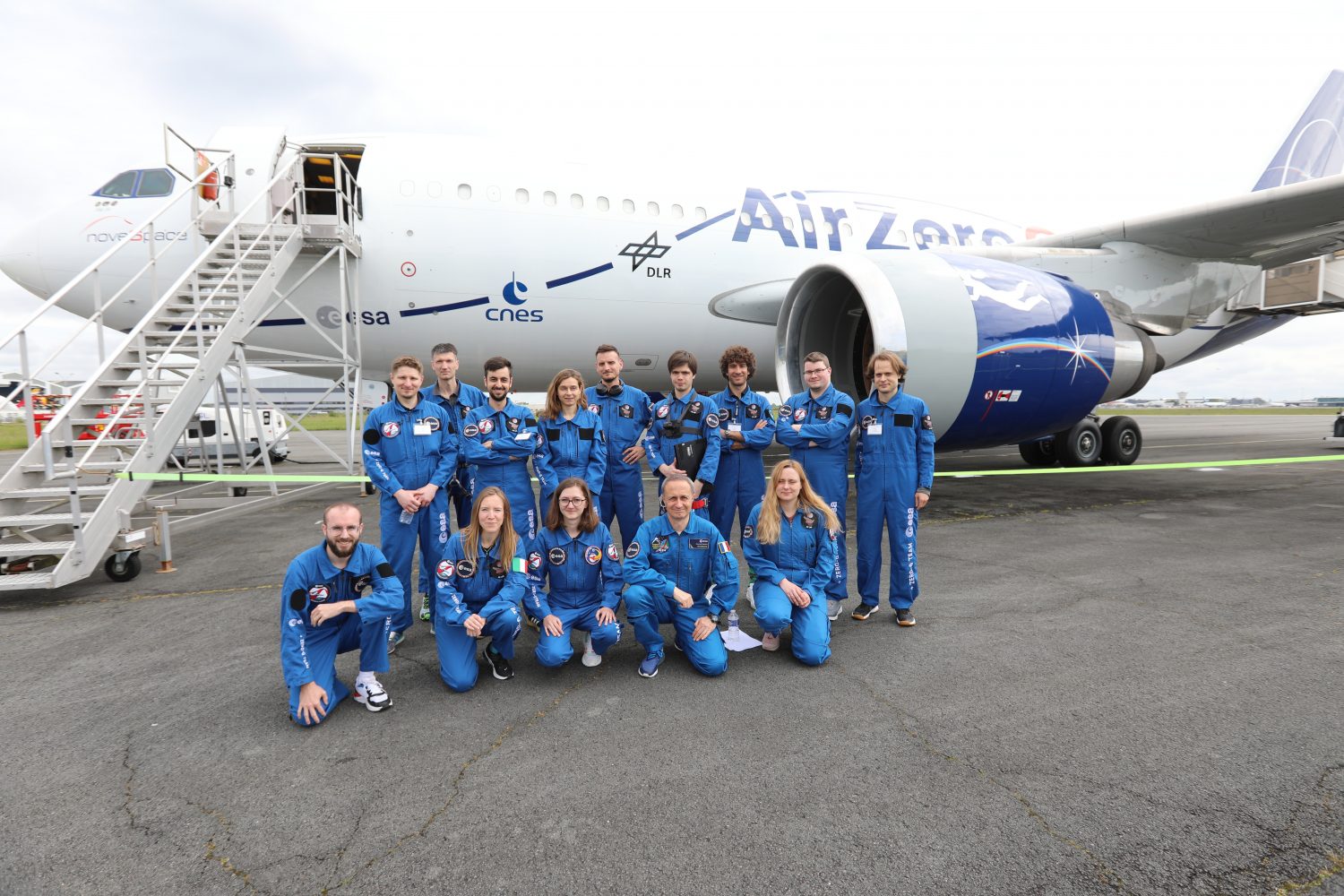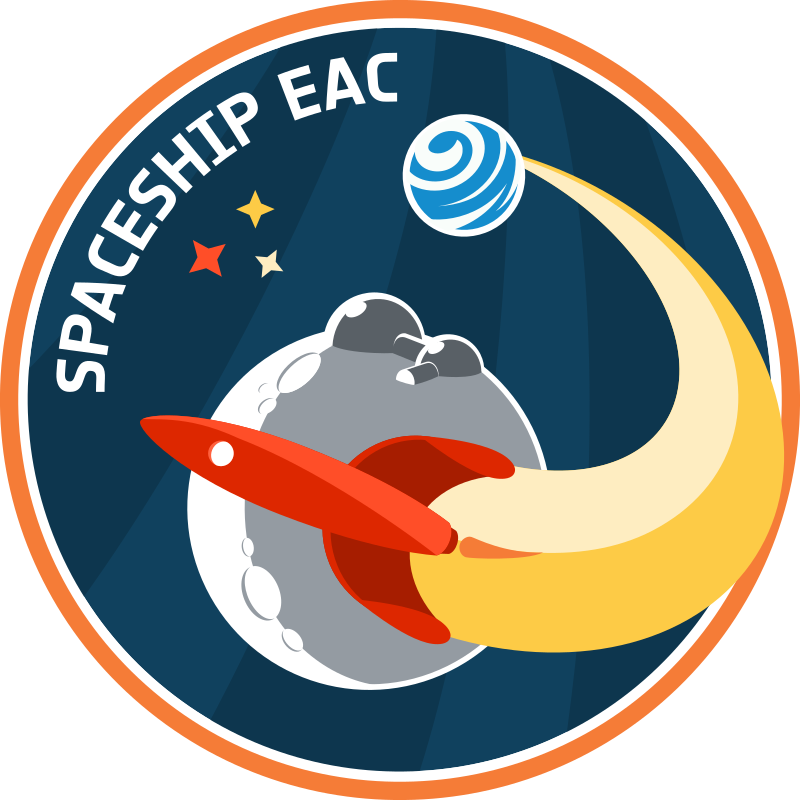
Science
Human minds, robotic hands
Posted on Friday August 1st, 2025 by Marie Deschamps
Last Thursday, a team of robots explored a simulated martian landscape in Germany, guided by an astronaut aboard the International Space Station. This was the final session of the Surface Avatar experiment, a joint initiative between ESA and the German Aerospace Center (DLR) to investigate how astronauts can remotely control robotic teams to carry out […]
Read the article










